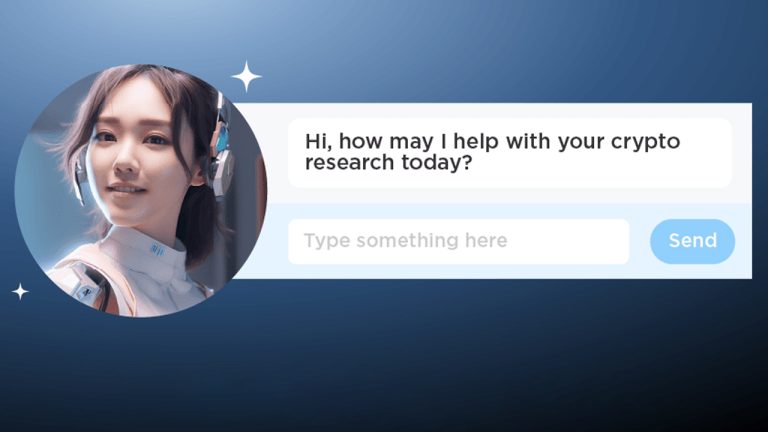
Vice President Harris gathered the heads of several AI development firms to discuss potential risks posed by the budding technology.
The United States vice president and President Biden’s top advisors have held a meeting with several AI industry CEOs to discuss “concerns about the risks associated with AI.”
On May 4, U.S. vice president Kamala Harris was joined by nine top Biden administration advisors in science, national security, policy and economics, meeting with the CEOs of OpenAI, Microsoft, Google and AI startup Anthropic.
Notably, tech giant Meta’s CEO Mark Zuckerberg was absent from the meeting.
Before the meeting, the White House released a flurry of AI-related announcements regarding funding AI research facilities, government AI policy, and AI systems evaluation.
The meeting focused on the transparency of AI systems, the importance of evaluating and validating the safety of AI and ensuring AI is secured from malicious actors, as per the announcement.
Advances in tech always present new opportunities and challenges. Generative AI is no different.
— Vice President Kamala Harris (@VP) May 5, 2023
Today, I met with CEOs of companies at the forefront of these advances to discuss the responsibility that governments and companies have to mitigate risks to protect the public. pic.twitter.com/YQOkdv1BgR
Reportedly, the government and the tech CEOs agreed “more work is needed to develop and ensure appropriate safeguards and protections” for AI.
The CEOs committed to engaging with the White House to ensure Americans can “benefit from AI innovation.” No specific details were shared on what safeguards were needed or what the engagement with the government exactly entails.
Meta chief Mark Zuckerberg was absent from the meeting despite the company working on AI for years. A White House official told CNN “It was focused on companies currently leading in the space.”
Artificial Intelligence is one of the most powerful tools of our time, but to seize its opportunities, we must first mitigate its risks.
— President Biden (@POTUS) May 4, 2023
Today, I dropped by a meeting with AI leaders to touch on the importance of innovating responsibly and protecting people's rights and safety. pic.twitter.com/VEJjBrhCTW
The Biden administration also highlighted — without going into specifics — its work to address national security concerns posed by AI, specifically mentioning cybersecurity and biosecurity.
It said these efforts would ensure AI firms “have access to best practices” to protect AI networks from state cybersecurity experts from the “national security community.”
White House banks big on AI
On the same day, the Biden Administration announced it would put aside $140 million to launch seven new National AI Research Institutes, bringing the total to 25 across the country.
“These Institutes bolster America’s AI [research and development] infrastructure,” the White House said. It added the institutes would “drive breakthroughs” in areas such as “climate, agriculture, energy, public health, education, and cybersecurity.”
Related: Google DeepMind CEO: We may have AGI ‘in the next few years’
In a separate announcement, the government said AI development firms including Anthropic, Google, Microsoft, OpenAI, NVIDIA, Hugging Face and Stability AI will also participate in publicly evaluating AI systems on a platform from AI training firm Scale AI at the hacker convention DEFCON in August.
We've been hard at work on the Generative Red Team event we're doing at @defcon for a while and are excited that the @WhiteHouse announced it this morning. Here's more details:https://t.co/04oXIqXrKr
— AI Village @ DEF CON (@aivillage_dc) May 4, 2023
Finally, the White House said it would release a draft policy on how the U.S. government will use AI which will be will be made available for public comment “this summer.”
Policies around the development, use and procurement of AI by federal departments and agencies will be drafted. It said the policies will be a “model” for state and local governments, in their own procurement and use of AI.
AI Eye: ‘Biggest ever’ leap in AI, cool new tools, AIs are the real DAOs
















